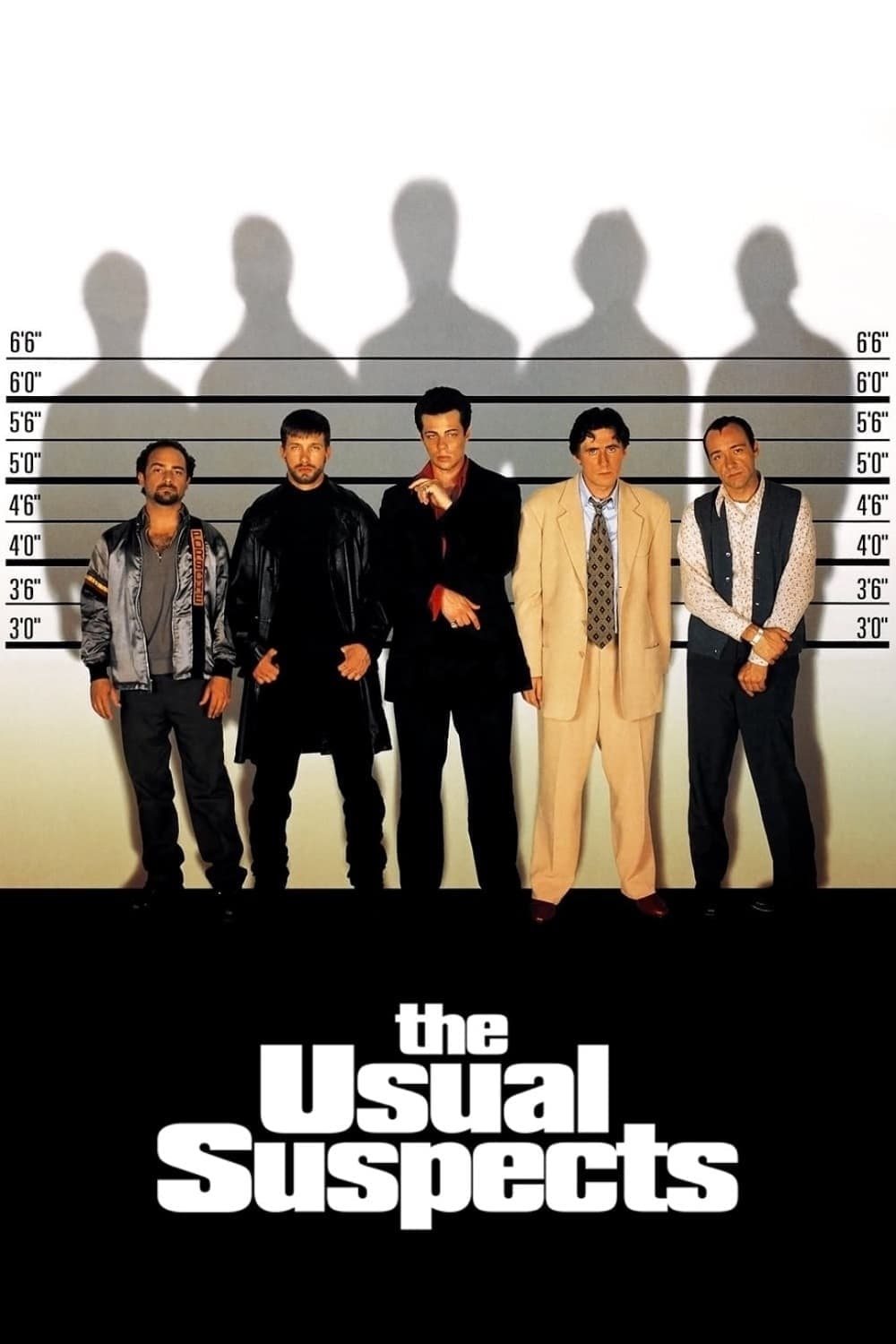
The Usual Suspects
1995
Rate this movie
Average: 0.00 / 5
(0 votes)
Director
The title is a homage to Casablanca, referring to the phrase Captain Renault addresses to his subordinates to save his friend Rick ("Round up the usual suspects"). But beyond the superficial quotation, this reference conceals a far deeper insinuation: the idea that destiny, far from being the fruit of free will, is often an orchestrated farce, a pre-written script where the protagonists are merely unwitting puppets. Just as Rick Blaine is trapped in a web of loyalties and dangers that transcend his will, so Bryan Singer's "usual suspects" are destined to play a part in a drama whose author and ending they are unaware of.
And from the title itself, one can discern the narrative scope of this work by Bryan Singer, brilliantly scripted by Christopher McQuarrie. McQuarrie's writing, in fact, is not only brilliant for its rich dialogue and complex plot, but is a true exercise in narrative architecture, a postmodern puzzle that constantly plays with spectator expectations and the malleability of truth. Every line of dialogue, every flashback, every visual detail serves to build (and then demolish) our perception of reality, in a tour de force that brings to mind the labyrinthine structures of a Rashomon or a Borges, where narration itself is the vehicle of lies and deception.
The usual suspects are indeed five sacrificial victims, who found themselves together by chance (or so it seems) and became companions on a mysterious mission. The "seems" is the pivot around which the entire operation revolves, a shadow of doubt that extends over every apparent coincidence, transforming what appears to be a fortuitous chain of events into a surgical premeditation. They are victims not only of the system or some obscure entity, but of their own blindness, trapped in a web spun with diabolical cunning, in a kind of contemporary Greek tragedy where fate is not decided by the gods, but by a ruthless criminal genius.
Five men are brought together in a room for an American-style lineup. This opening scene is a microcosm of the film itself: a confrontation of personalities, an arena where masks fall and re-form, a psychological battleground where the first impression is the most deceptive. It is an archetype of the heist movie and police procedural genres that is immediately subverted, as the real game is not to discover who did what, but who the orchestrator is and what the true purpose behind the curtain might be.
From this unforeseen meeting, an improvised gang is formed for a specific heist: to retrieve a shipment of cocaine from a ship docked at the port. But the operation itself is merely a McGuffin, a pretext to trigger a chain reaction that will lead to a far more shocking revelation. The "heist" is not the end, but the means through which the film explores universal themes such as identity, lies, the power of reputation, and the atavistic fear that an elusive entity might manipulate our lives.
Over the events looms the spirit of Keyser Söze, a phantom bandit with cruel principles and a mysterious identity. Söze is not just a character; he is a myth, a dark legend that takes shape through the tales told and the terror he inspires. He is the personification of pure evil, a shadow projected onto the collective psyche, whose influence is all the more terrifying the more intangible it is. He becomes a sort of monster of the Freudian unconscious, the primordial father of chaos, who acts not for material gain but out of a pure and simple desire to dominate, to annihilate, to demonstrate his supremacy over human fragility. His existence feeds on the fear he inspires, a true criminal archetype that transcends pulp to border on sublime horror.
Nothing is as it seems, and the more the story unfolds, the more one gets the impression that the men are being manipulated by a grey eminence who governs their actions. This constant feeling of manipulation is the true engine of suspense, a red thread that winds through a Chinese box narrative, where every answer generates new questions and every apparent truth turns out to be a sophisticated trap. It is the very essence of film noir taken to its extreme consequences, where moral ambiguity and distorted perception of reality are the only constants.
Who is Keyser Söze? What truly makes this film special is Kevin Spacey's outstanding performance (he would win a well-deserved Oscar for Best Supporting Actor, effectively launching a glorious acting career) and the truly compelling and twist-laden plot. Spacey's performance, in particular, is a masterpiece of subtle ambiguity: his Roger "Verbal" Kint is initially a stammering, clumsy, and almost pathetic character, one who hides behind fragility, but who, with every glance, every pause, every physical detail, lays the groundwork for one of the most iconic revelations in cinema history. His triumph is not only due to the brilliance of the screenplay, but to his ability to embody two characters in one, a "Before" and an "After" that re-contextualize every single preceding scene, transforming the viewing of the film into an experience of continuous re-reading.
But it is also the sophistication of the dialogues, true psychological keys to unlocking the truth, piece by piece, word by word. The sharp repartees, the cynical maxims, the apparently innocuous but meaningful digressions, all contribute to creating an atmosphere of sharp intelligence, where every verbal exchange is a dialectical duel that reveals or conceals, deceives or illuminates. These are dialogues that invite the viewer to decipher the unsaid, to read between the lines, transforming the viewing into a parallel investigation conducted by the audience itself.
And finally, Singer's masterful craftsmanship in rendering the atmospheres of a story always poised between mystery and gangster movie. His directorial style, measured yet incisive, successfully combines the gritty and realistic aesthetic of neo-noir with the elegance of a high-tension psychological thriller. Singer's direction is never intrusive, but always functional to the construction of the mystery, skillfully employing fragmented editing, evocative flashbacks, and a leaden cinematography that accentuates the feeling of oppression and paranoia. It is this mastery of cinematic language that makes The Usual Suspects an enduring classic, a film that continues to challenge and delight audiences with its complexity and its mischievous genius, establishing itself as a milestone of the postmodern thriller and a testament to the art of deceptive storytelling.
Country
Gallery

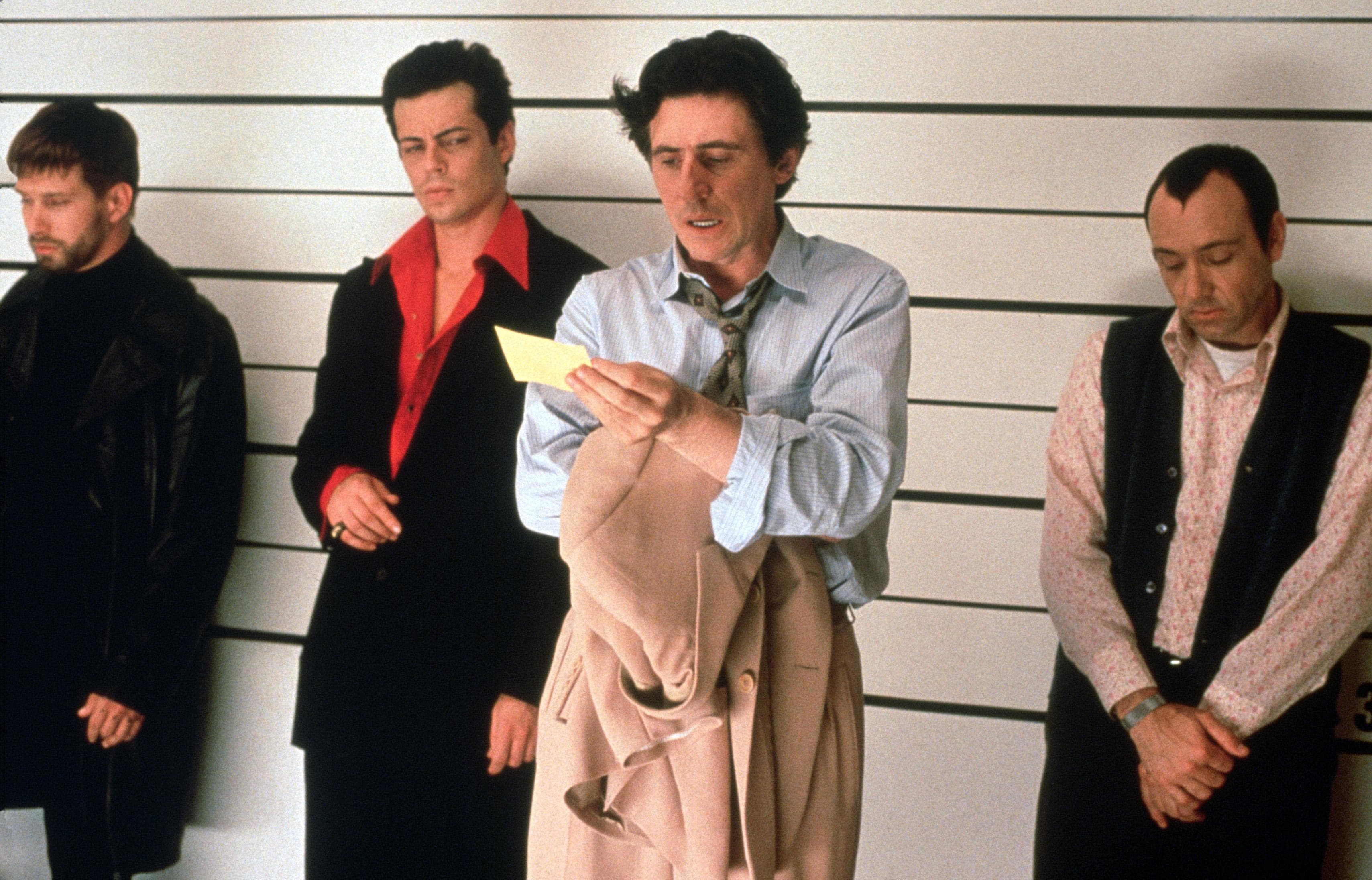
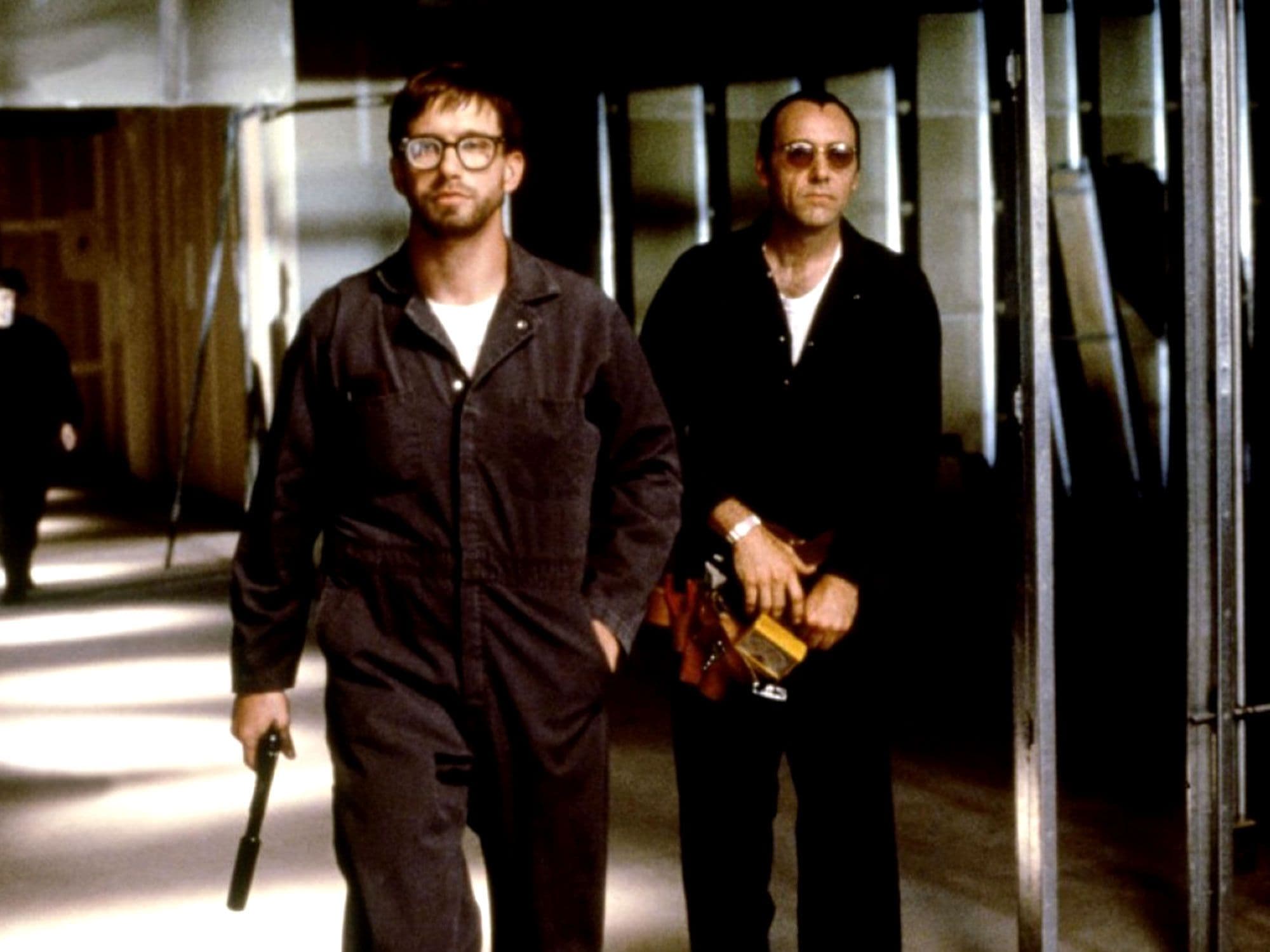
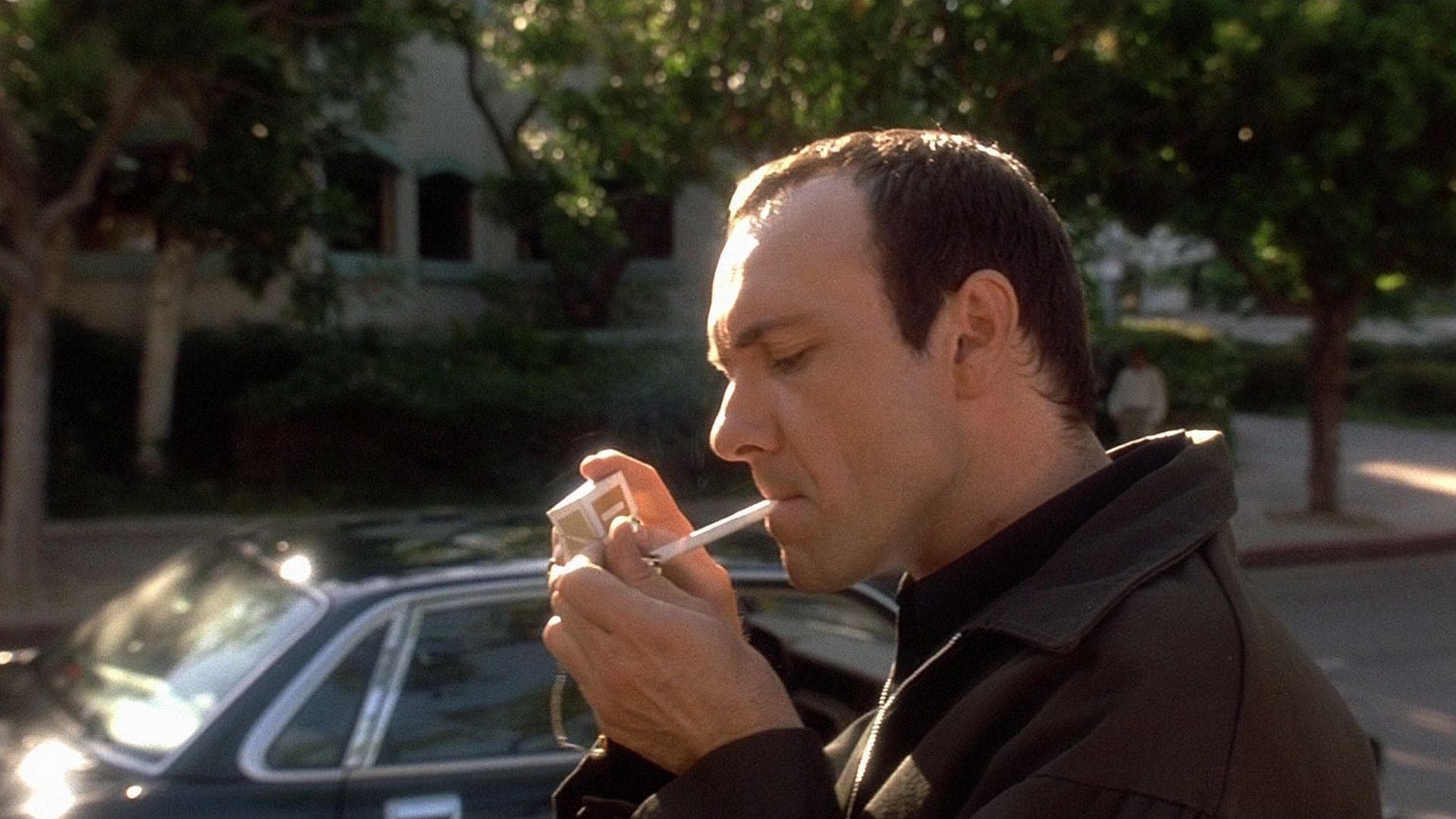


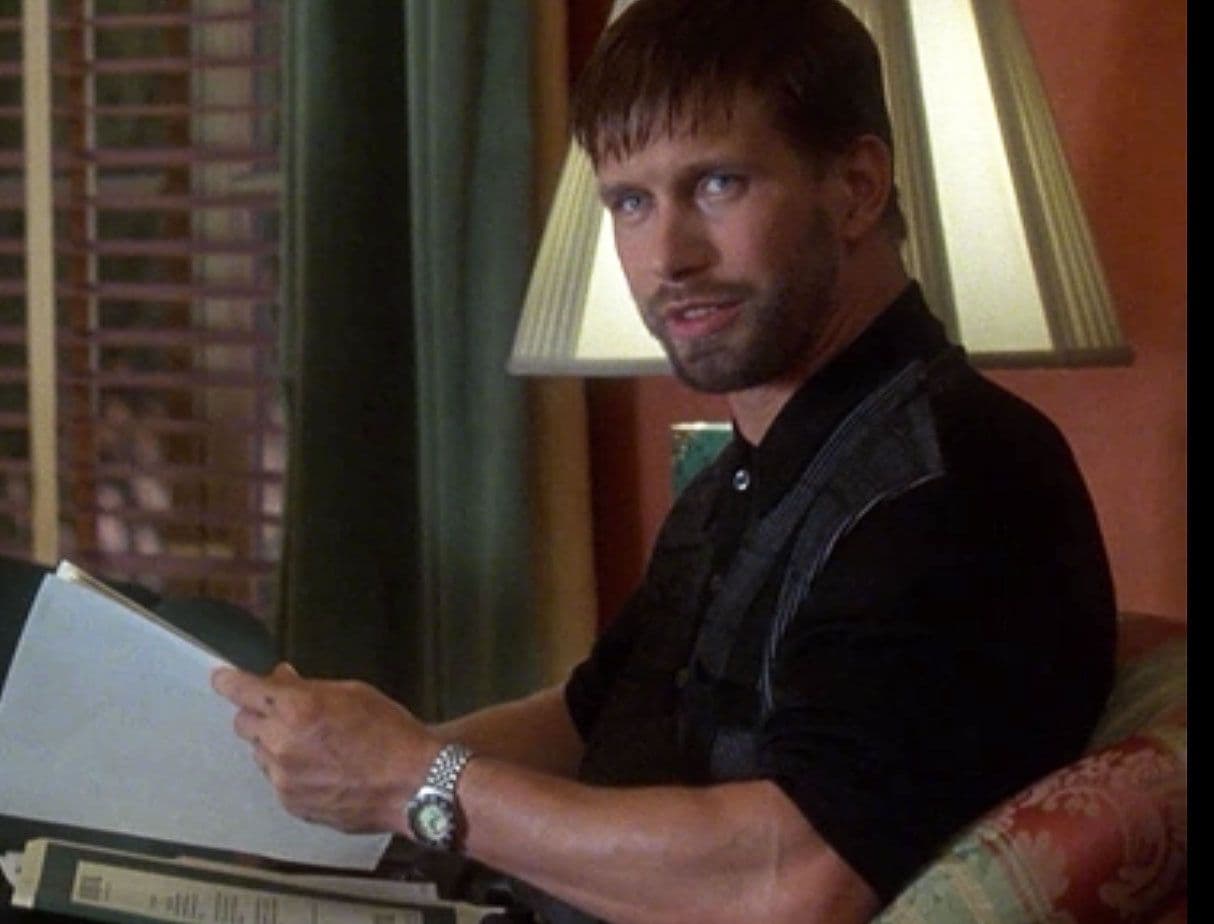
Comments
Loading comments...